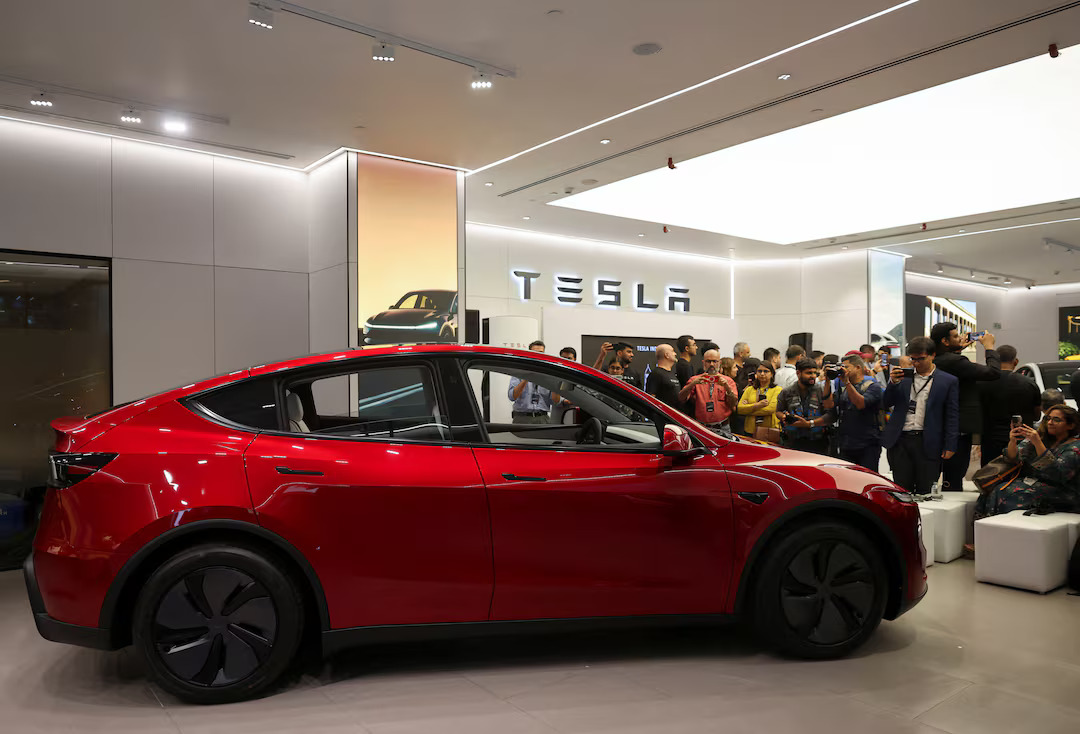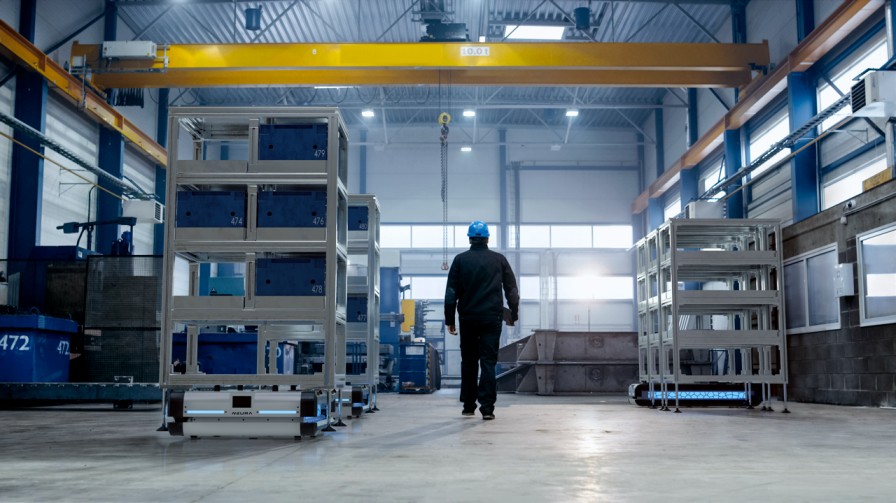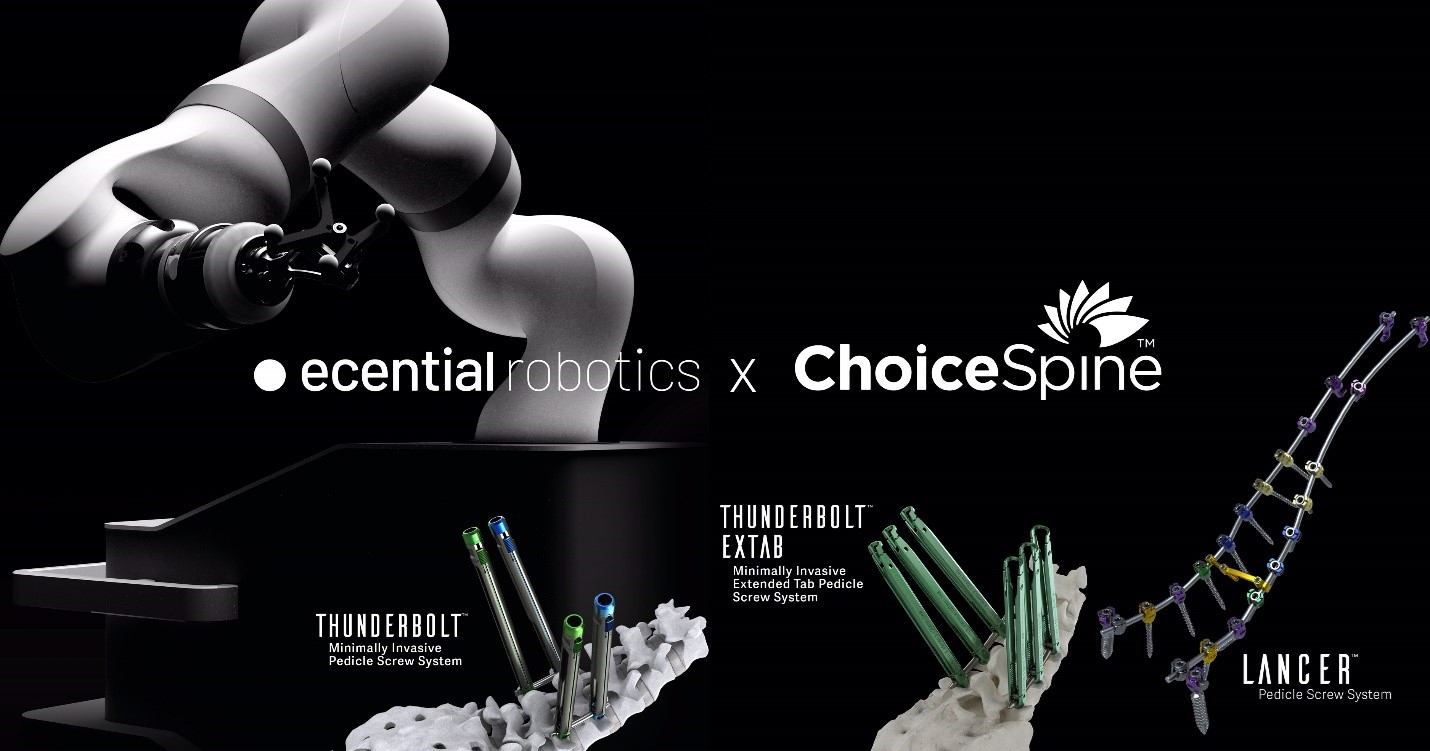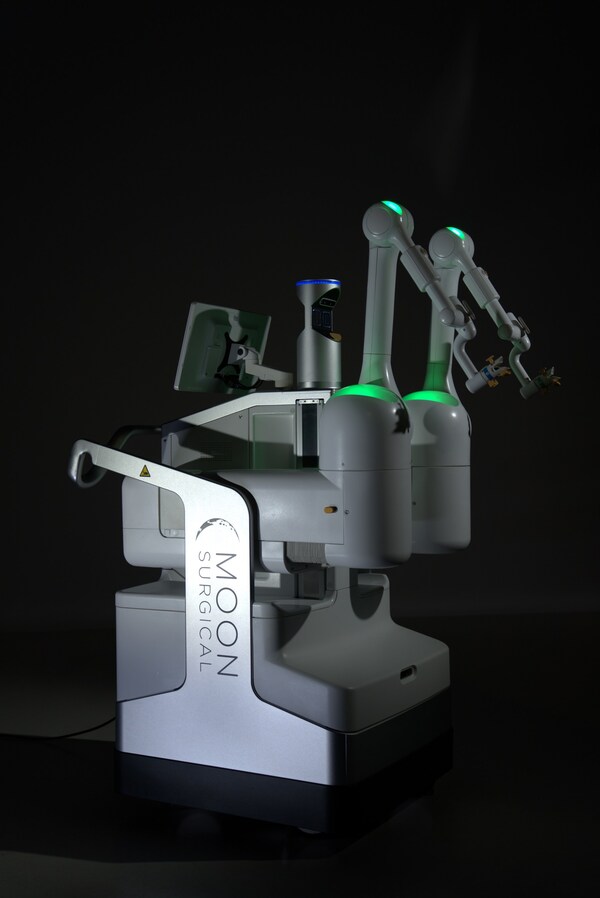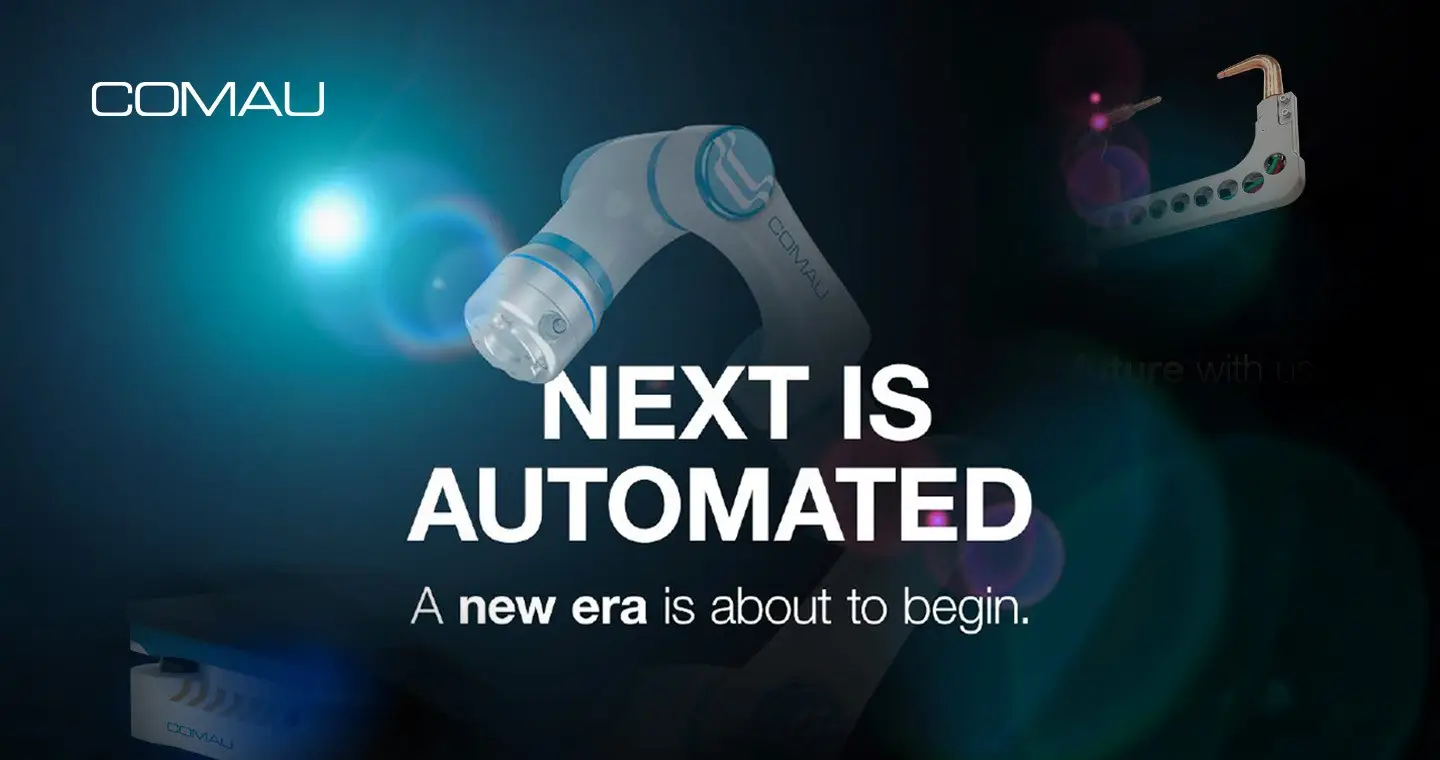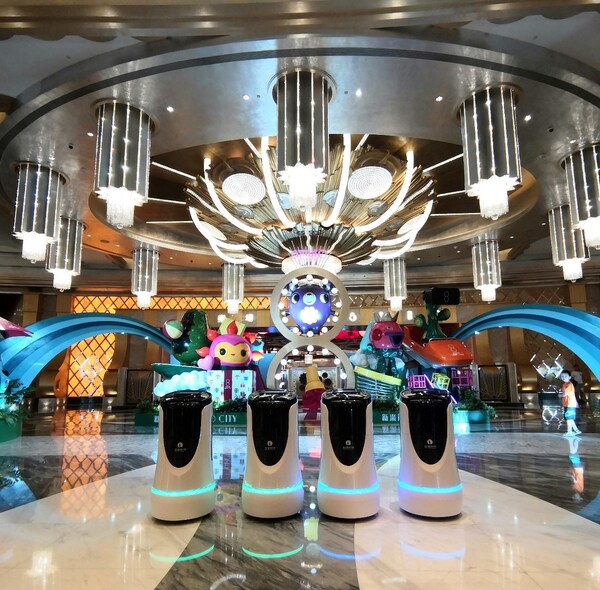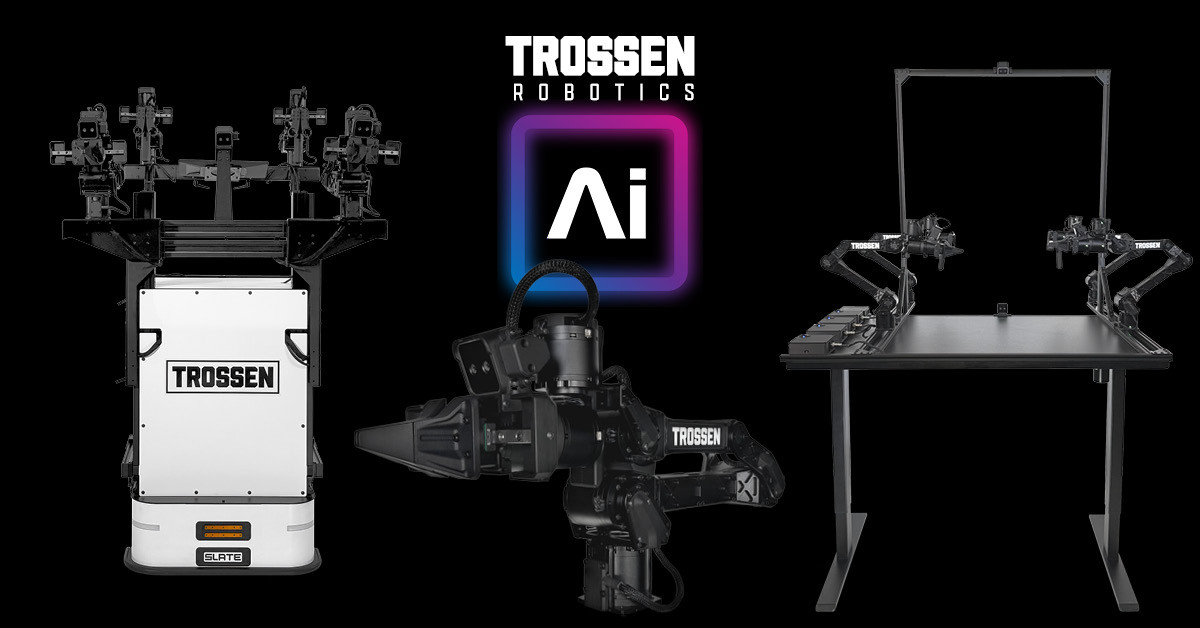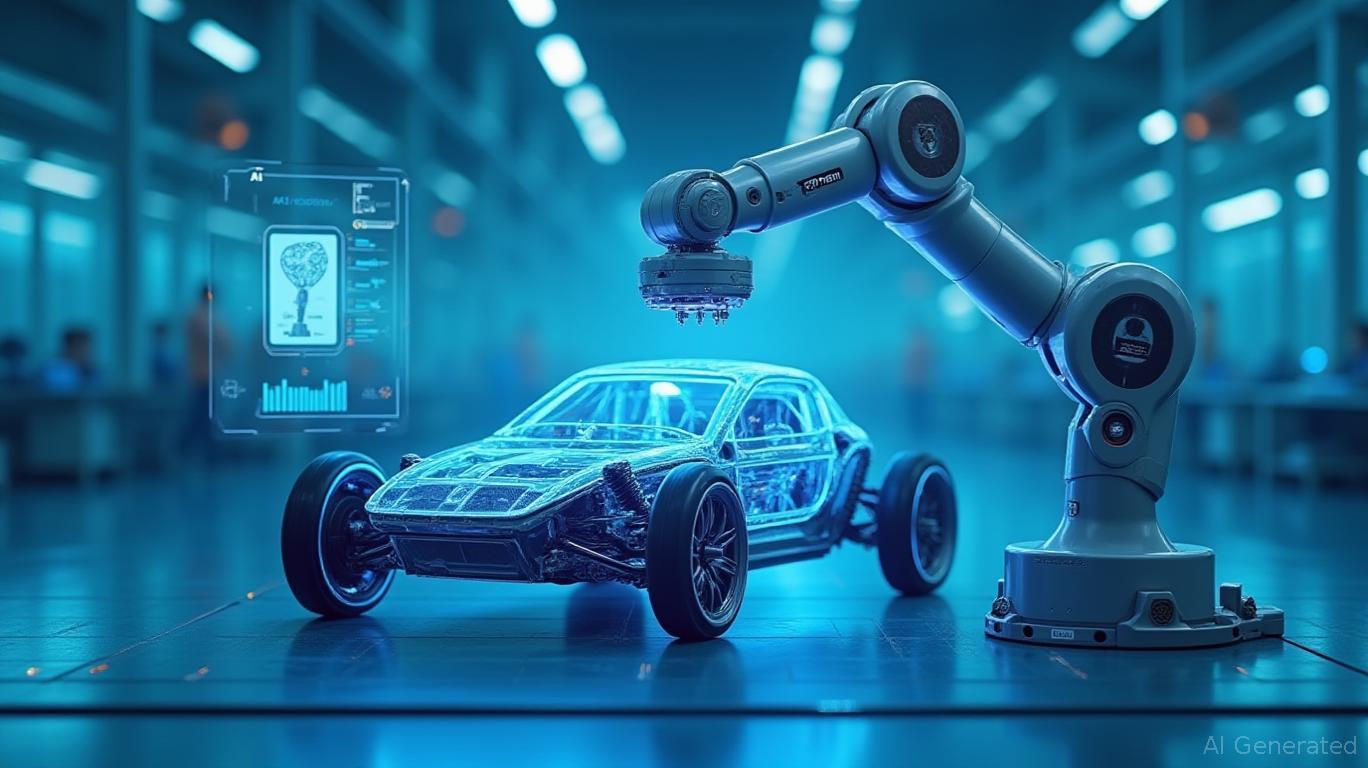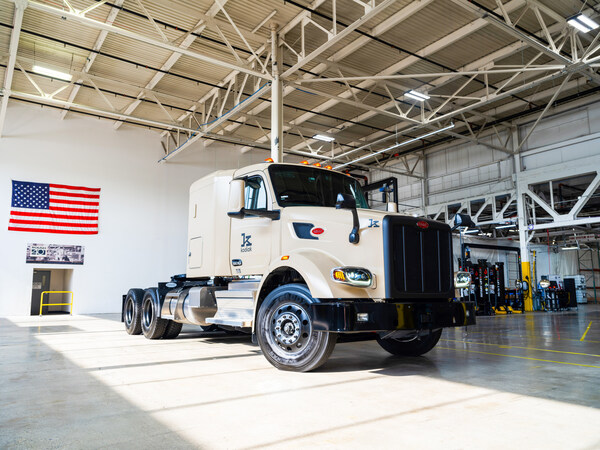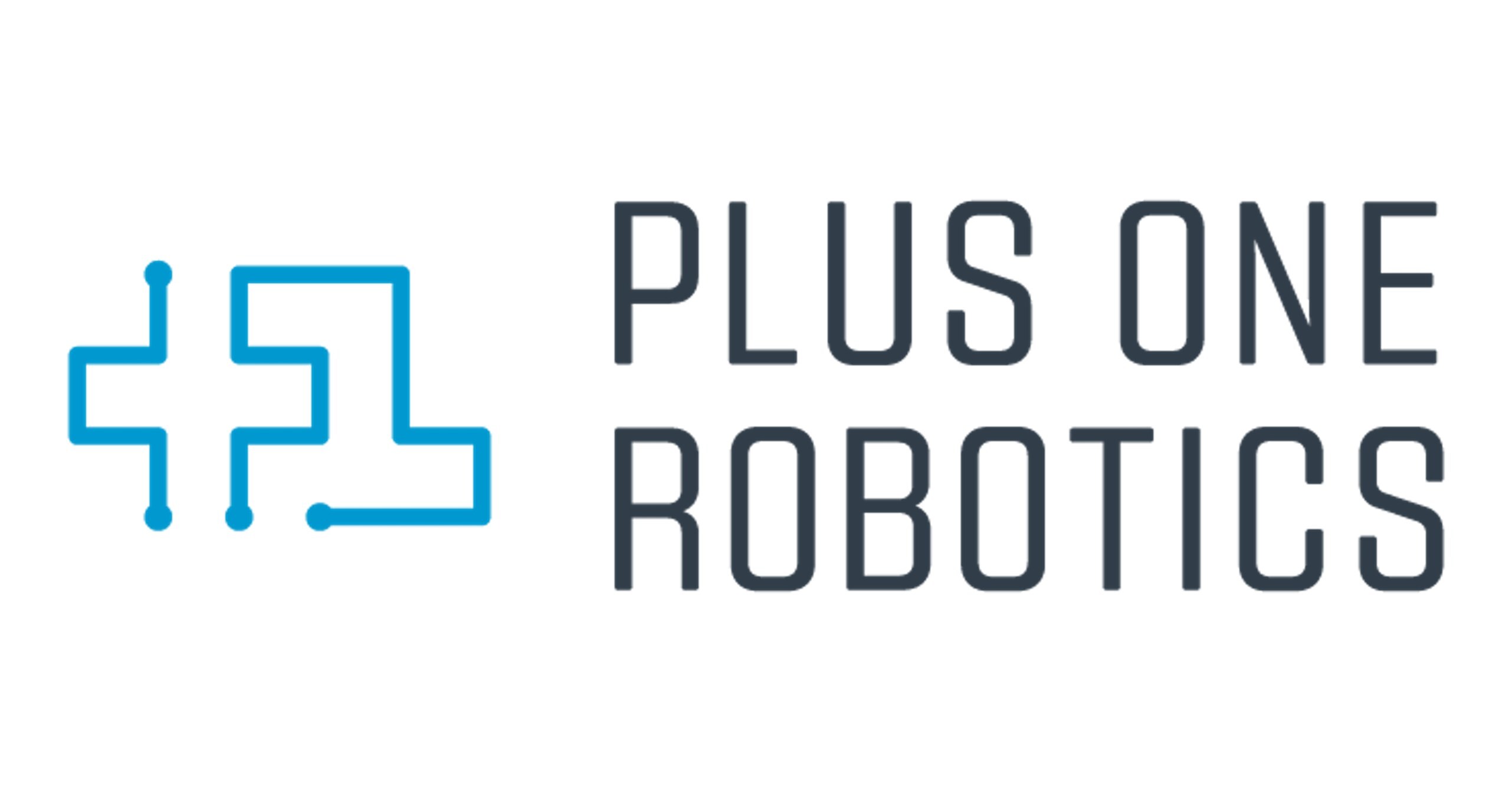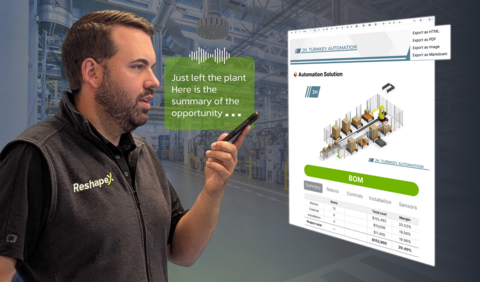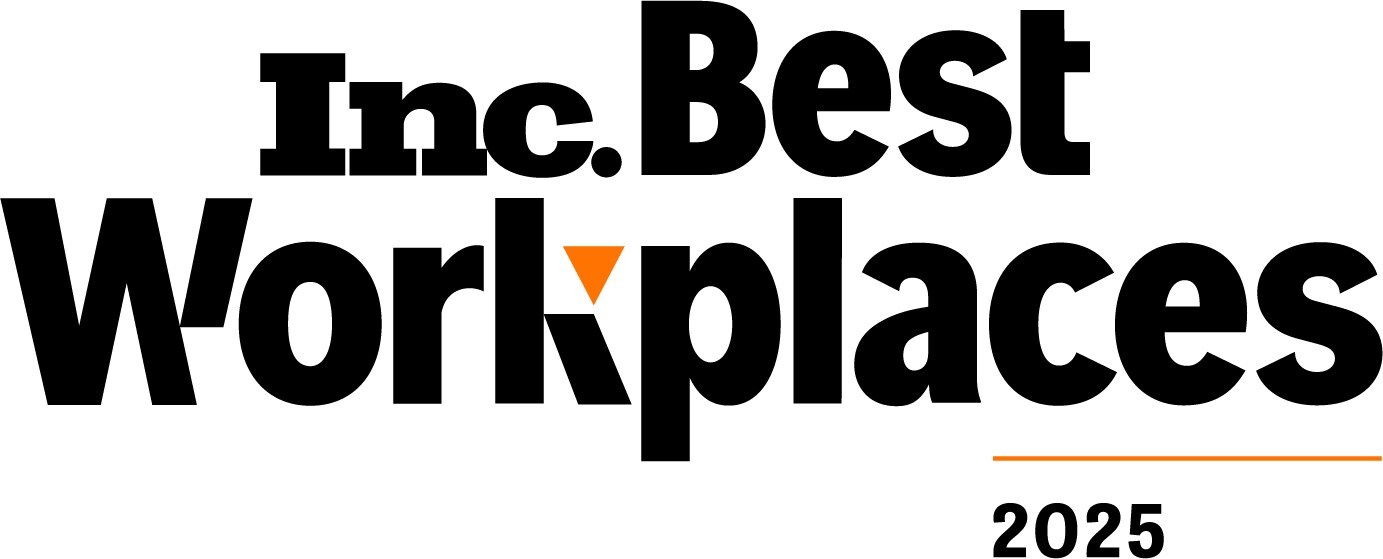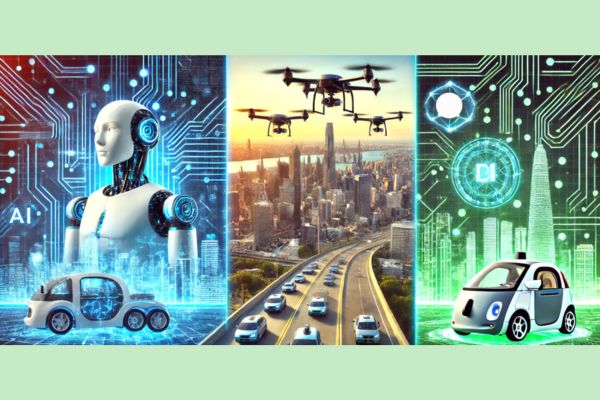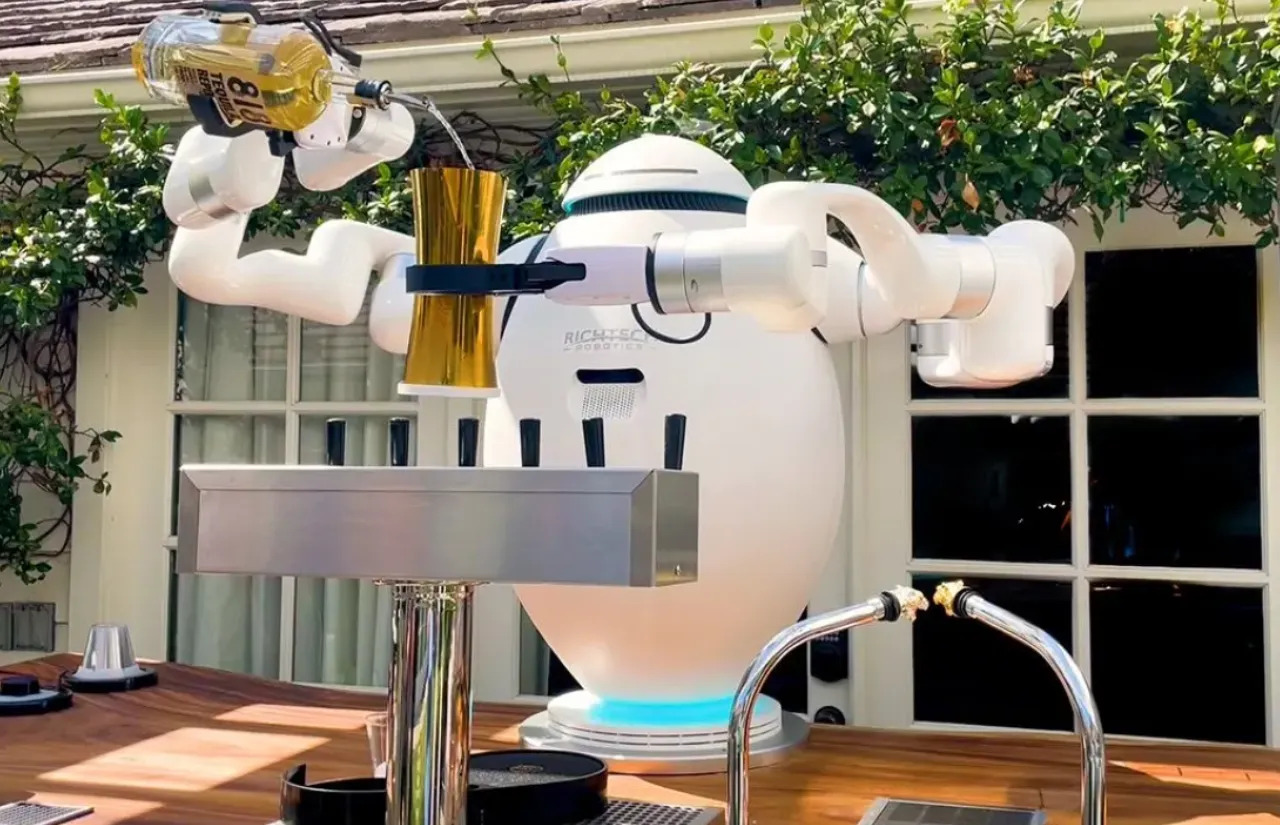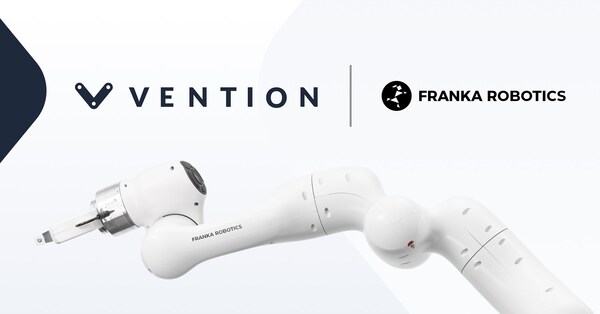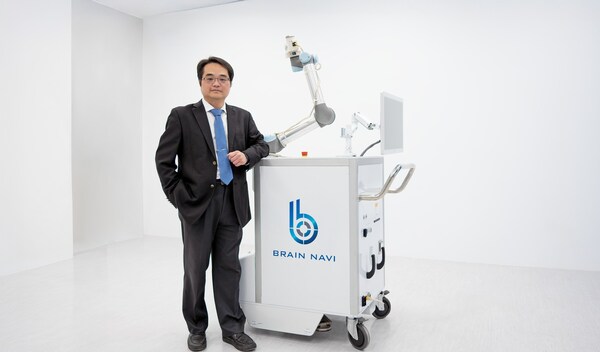Tesla Enters India with Model Y Launch and Mumbai Showroom, Targeting Premium EV Segment
With bookings now open and deliveries expected by Q3 2025, Tesla takes its first steps into India’s luxury electric vehicle market, navigating high tariffs and infrastructure gaps with a phased rollout and ecosystem-focused approach.
Picture Courtesy | Public Domain
Tesla Inc has officially marked its entry into the Indian automotive market with the launch of its highly anticipated Model Y and the inauguration of its first showroom in Mumbai. A second showroom is planned for New Delhi as part of the company’s phased rollout strategy across the country.
Priced at approximately INR 6 million (USD 70,000), the Model Y arrives in India at a premium compared to other global markets, reflecting the country’s substantial import tariffs on electric vehicles. Despite CEO Elon Musk’s long-standing criticism of these levies, Tesla is moving forward with a direct-to-consumer model, beginning with online bookings via its official website. Deliveries are expected to begin in the third quarter of 2025.
At a closed-door media preview in Mumbai, Tesla showcased two China-manufactured Model Y vehicles and introduced its fast-charging infrastructure, which will be rolled out at eight strategic locations across Mumbai and New Delhi.
“We are here not just to launch a car, but to help build an ecosystem,” said Isabel Fan, Regional Director at Tesla, during the event. “We are investing in the infrastructure required to support the electric mobility future India is heading towards.”
Tesla’s Indian debut targets a niche yet expanding electric vehicle segment, which currently accounts for around 4% of the country’s total car sales. The company is positioning itself in the premium EV segment, directly competing with established global players such as BMW, Mercedes-Benz, and Kia, rather than domestic manufacturers like Tata Motors and Mahindra.
While no factory plans have been finalised yet, Tesla’s entry comes at a time when conversations between Indian policymakers and US trade representatives continue regarding potential tariff revisions. For now, the high import duties—reportedly exceeding 100%—continue to significantly influence vehicle pricing.
Tesla’s Indian website lists two variants: the Model Y Rear-Wheel Drive at INR 6 million and the Long-Range Rear-Wheel Drive at INR 6.8 million. These models also offer the Full Self-Driving (FSD) capability as an optional upgrade for INR 600,000. However, Tesla notes that the current system still requires active driver supervision and is not autonomous.
India’s infrastructural challenges such as sporadic charging networks, inconsistent road conditions, and urban traffic unpredictability remain key hurdles. Nonetheless, Tesla’s phased approach signals a commitment to long-term market development.
Market Analysis
Tesla’s India Play: High Stakes, High Strategy
Tesla’s arrival in India marks a pivotal moment for both the company and the country’s automotive landscape. India, the world’s third-largest car market by volume, has long been considered a tough nut to crack for premium EV makers due to steep tariffs, lack of charging infrastructure, and unique road conditions.
Key Observations:
-
Premium Pricing, Niche Market: At USD 70,000, the Model Y is well beyond the reach of mass-market buyers. Tesla is entering the luxury EV space, competing with international brands rather than local champions.
-
Tariffs Still Unresolved: Elon Musk has historically lobbied hard for lower import duties. While there have been discussions, the 100%+ tariffs remain intact, resulting in significantly inflated pricing compared to the US and China.
-
No Local Production Yet: Tesla’s absence of right-hand drive production in the US and the decision to import from China suggest a testing-the-waters strategy rather than a full commitment to localisation. Setting up a factory would require regulatory incentives and long-term policy clarity.
-
Infrastructure in Infancy: Tesla’s infrastructure rollout is modest—just eight charging stations to start. Given India’s vast geography and inconsistent urban planning, nationwide coverage will take years.
-
Consumer Education Required: With autonomous driving features still legally and practically limited, Tesla must navigate customer expectations around FSD and clarify the role of driver supervision.
-
Strategic Timing: Tesla’s entry aligns with India’s growing interest in clean mobility, recent policy reforms, and rising urban affluence. Though EV penetration is low, government incentives and public-private partnerships are fostering momentum.
Conclusion:
Tesla’s India entry is as much a brand statement as it is a market experiment. The company is not chasing volume—for now—but rather testing appetite among affluent urban buyers. Much will depend on regulatory developments, infrastructure buildout, and consumer response. What’s clear is that Tesla’s arrival raises the bar for EV competition and may catalyse faster adoption in the years to come.


